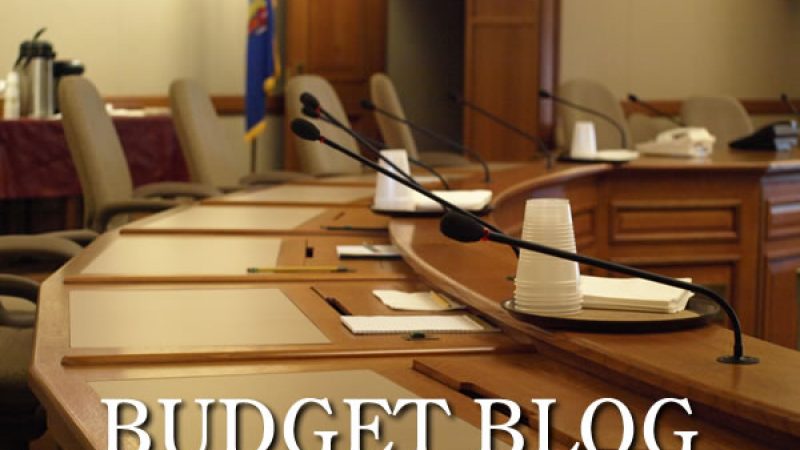State tax collections through mid-2023 will be nearly $1.2 billion higher than what Gov. Tony Evers’ administration had expected just two months ago, according to the Legislative Fiscal Bureau.
LFB Director Bob Lang wrote in a memo to the Joint Finance co-chairs late this afternoon that the state is now expected to finish the current fiscal year June 30 with a gross balance of nearly $1.9 billion, compared to more than $1.2 billion that the Evers administration had expected.
Lang wrote revenue collections for this fiscal year are now expected to be $437.4 million more than what the Department of Administration had projected in November. What’s more, the state is expected to spend about $190.7 million less than previously expected.
DOA’s November report found even with the expected ending balance at the time and the revenue growth the administration expected for 2021-23, agency spending requests outstripped what the state was expected to have on hand by about $1.2 billion. The brighter fiscal picture LFB detailed today essentially wipes that out.
JFC Co-chairs Mark Born, R-Beaver Dam, and Howard Marklein, R-Spring Green, still urged restraint.
“While this is good news, Republicans in the Legislature are well aware that our friends and neighbors across the state are struggling,” they said. “Businesses have closed, jobs have been lost, and Wisconsin families have been through tough times over the last year. That is why it is imperative that the next state budget ensures we spend within our means while also funding our priorities, something Wisconsin businesses and families have to do every single day.”
When tax revenues come in above expectations, half is designated for the state’s rainy day fund. In November, DOA had projected the state would transfer $13.1 million to the fund. Now, LFB projects it will be $231.8 million.
That will push the fund’s balance to about $1 billion.
The LFB noted two significant developments since the Evers administration’s November estimates that will greatly impact the economy. One was the U.S. Food and Drug Administration’s authorization of multiple vaccines against COVID-19. The second is the $900 billion stimulus bill that President Trump signed in late December. It includes additional help for small businesses, another round of forgivable loans and $166 billion in stimulus checks to individuals, among other things.
The revenue projections also could be impacted if Wisconsin aligns state law with federal statutes on the treatment of forgivable loans and other financial assistance through federal COVID-19 programs. The IRS originally said expenses couldn’t be deducted from federal taxes if they were covered through funds from PPP loans that had already been forgiven or eventually would be forgiven. But the bill Trump signed in December changed that.
The state Department of Revenue on Friday posted notice that Wisconsin law followed the original IRS guidance and those expenses couldn’t be deducted from state taxes.
According to LFB, matching state law to the new federal stance — and thus allowing those deductions — would reduce state tax collections by $444 million through mid-2023 and another $13 million in 2023-24.
See the LFB memo:
https://docs.legis.wisconsin.gov/misc/lfb/revenue_estimates/175_january_26_2021.pdf



